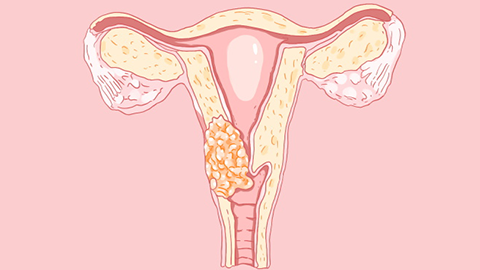Is it a problem to experience abdominal pain after cervical cancer screening?
Generally, cervical cancer screening usually refers to examinations such as Pap smear or HPV testing. Whether abdominal pain after screening indicates a problem depends on the specific symptoms and circumstances. If discomfort occurs, it is recommended to seek medical attention promptly for evaluation and management by a qualified physician. Detailed analysis is as follows:

If only mild abdominal pain occurs shortly after cervical cancer screening, and there are no other abnormal symptoms, the pain may be a transient discomfort caused by instrument stimulation of the cervix or uterus during the procedure, and generally does not indicate a significant problem. This mild discomfort typically gradually subsides as the body self-regulates and is a common reaction following screening.
If the abdominal pain is severe, lasts for a prolonged period, and is accompanied by increased vaginal bleeding, fever, abnormal vaginal discharge, or other symptoms, it may indicate a problem. Possible causes include cervical injury or infection during the examination, or pre-existing conditions such as pelvic inflammatory disease or endometriosis. This situation warrants attention and timely medical evaluation.
After screening, it is important to rest and avoid strenuous activity and sexual intercourse. Maintain good hygiene of the external genitalia, change underwear frequently, and prevent infection. If abdominal pain does not improve or other abnormalities occur, prompt medical consultation is advised to determine the cause and take appropriate action.








